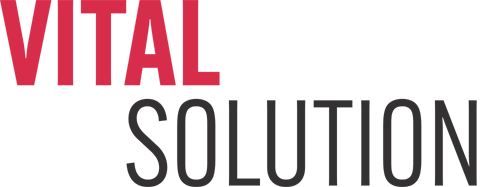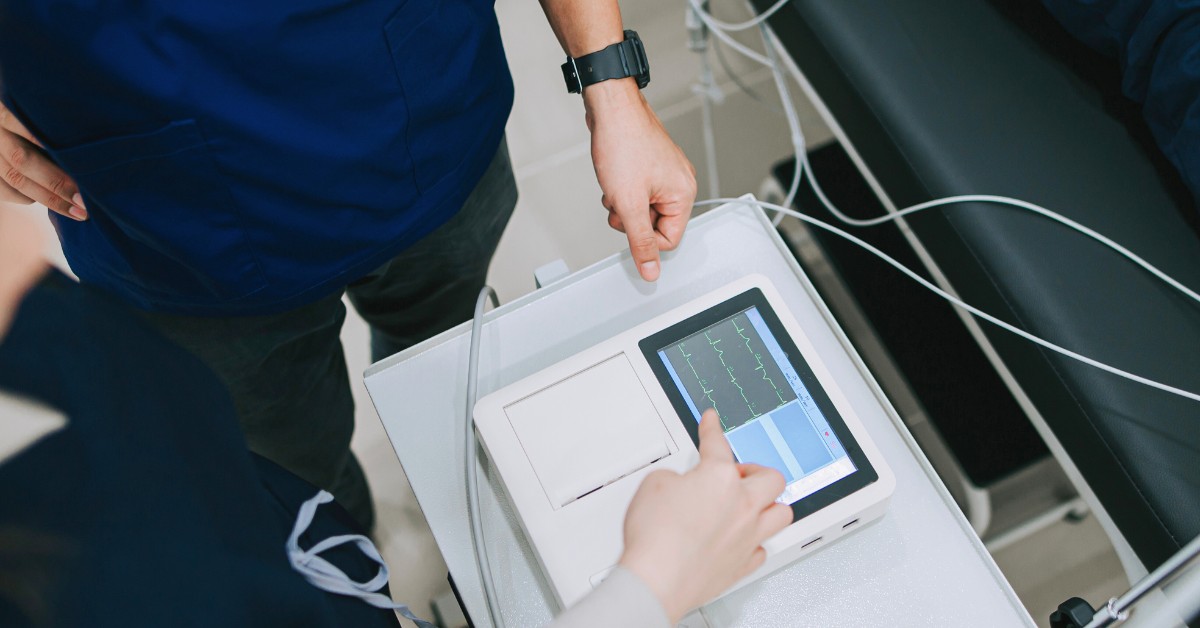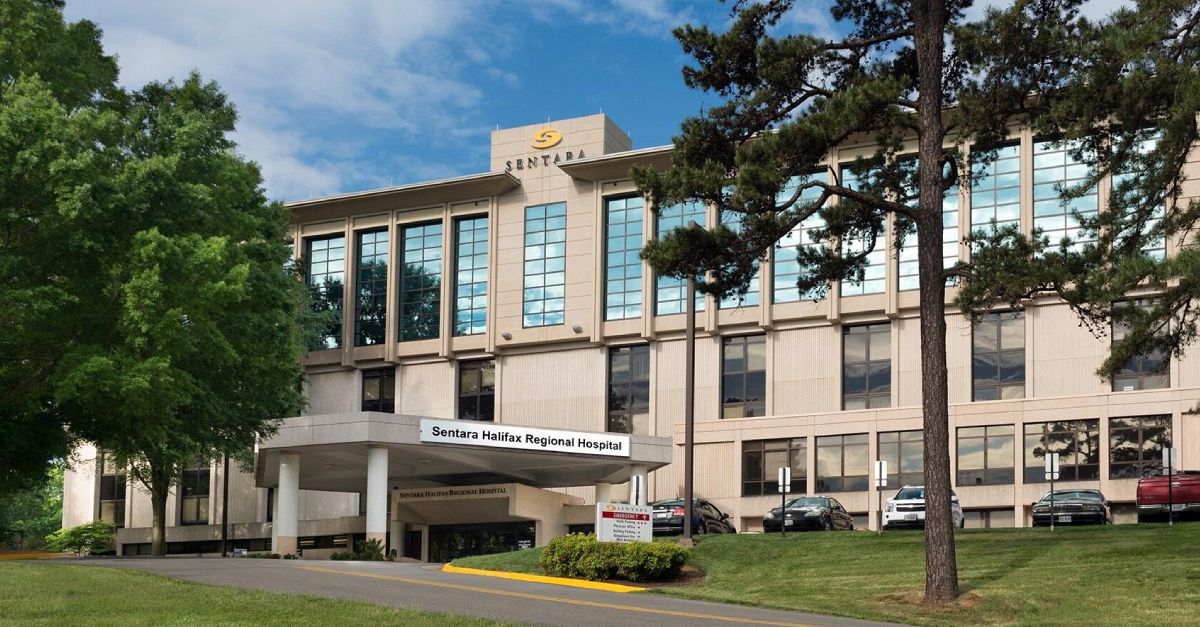
The physician burnout crisis
Burnout is becoming a frequent topic of conversation as prevalence and severity continue to rise across all occupations, but especially for physicians. In fact, of the 15,000 doctors surveyed by Medscape for their annual Physician Lifestyle Report, 42% expressed experiencing burnout.
According to a study by the Journal of the American Medical Association, burnout is defined as “a syndrome characterized by a loss of enthusiasm for work (emotional exhaustion), feelings of cynicism (depersonalization), and a low sense of personal accomplishment.”
How do cardiologists compare?
Of the cardiologists that responded to Medscape’s survey, 46% said they were feeling burned out, experiencing depression, or some combination of the two. Perhaps even more troubling are the following statistics:
- Just 21% describe themselves as feeling very or extremely happy while at work
- Cardiologists were the least likely to seek help for burnout, depression, or both
- Only 22% of respondents have taken part in a workplace program to combat stress and burnout
What are the consequences?
Physician burnout is bad for everyone; patients, peers, and of course, physicians. According to an article in FPM (formerly Family Practice Management), burnout is directly linked to:
- Lower patient satisfaction and quality of care
- Greater rate of medical errors and malpractice
- Increased staff and physician turnover
- Physician substance abuse and addiction
- Physician suicide
Can burnout be beaten?
While recognizing the symptoms can be difficult, especially in yourself, there are several steps you can take to relieve them and prevent future feelings of burnout. First and foremost, take time to put yourself first. Focus on good sleep habits, staying healthy, building relationships, and enjoying hobbies to replenish yourself physically and emotionally. In addition, reducing your exposure to workplace stressors, finding new connections, and shifting your perspective can also help you recover.
Implementing these strategies can help you beat burnout and keep it away for good, thus improving your career and creating a happier, healthier life.
As a physician-led organization, we understand the large-scale impacts of physician burnout. That is why we’ve created an employment model that emphasizes a healthy work-life balance. Our interventional cardiologists work a flexible 7 days on-7 days off schedule, amounting to just 26 weeks per year or 182.5 days per year. For more information, call 866.755.7519 or email [email protected].
 company
company 
 (866) 755-7519
(866) 755-7519











